detail profile menashe noy
Peran Yang Di Mainkan Menashe Noy
 Libby wild and enigmatic wanders like...
Libby wild and enigmatic wanders like...Life Without Credit 2025
Libby, wild and enigmatic, wanders like a possessed woman among the corners of the streets of South Tel Aviv as she carries an explosive secret in her heart. Libby escaped from “Or La’banot" a religious care institution and she is on the run. Libby is desperately looking for Ezra, a mysterious relative of hers, who was appointed as her legal guardian, after she was declared "mentally ill" and then disappeared from her life. With vague details on his whereabouts, she encounters other people that Ezra knew or met, penetrates their loneliness while gathering more clues to the fate of the man who holds her keys to freedom.
 A diverse crosssection of Israeli society...
A diverse crosssection of Israeli society...Shikun 2024
A diverse cross-section of Israeli society converges in a single multi-use building, the Shikun. As people of different languages, origins and generations come together in highly theatrical encounters, they grapple with the current state of affairs. In a poignant metaphor inspired by Eugène Ionesco’s famous play “Rhinoceros”, some begin to turn into rhinoceroses, while others resist.
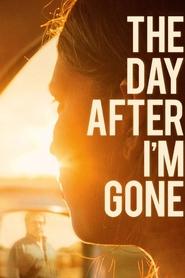 Yoram a 50yearold veterinarian living in...
Yoram a 50yearold veterinarian living in...The Day After I'm Gone 2020
Yoram, a 50-year-old veterinarian living in Tel-Aviv, is forced to re-examine his relationship with his adolescent daughter Roni, after she wishes to end her life. He decides to take her on a journey to visit her mother’s family, a process of self and mutual discovery in a primordial desert land enveloping the Dead Sea.
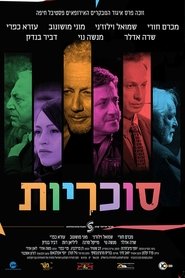 Salah an IsraeliArab enterpriser strives to...
Salah an IsraeliArab enterpriser strives to...Sweets 2013
Salah, an Israeli-Arab enterpriser, strives to bring happiness for the children of the Arab sector in Israel by opening a new chain of candy stores. 'The Firm', an Israeli corporation headed by Klausner , that controls Israeli candy market, resent Salah on his former business move - taking control over the Israeli market of Turkish coffee. Klausner sees the new business initiative of Salah as a real threat, not only a business one but also a cultural and a political one, even a real challenge against Zionism itself. In a disguise of a Business struggle the story reveals moral dilemmas and a cultural struggle: the Arab businessman trying to integrate in Modern Israel against the dominant Zionist culture.
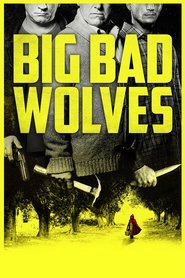 Tel Aviv Israel The twisted paths...
Tel Aviv Israel The twisted paths...Big Bad Wolves 2013
Tel Aviv, Israel. The twisted paths of three very different men brutally collide due to a chain of unspeakable murders: a grieving father who has been doomed to seek vengeance and a police detective who boldly crosses the narrow boundary between law and crime meet a religion teacher suspected of being the murderer.
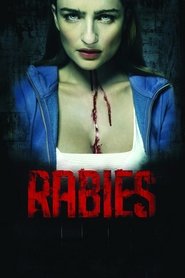 A brother and sister who run...
A brother and sister who run...Rabies 2010
A brother and sister who run away from home find sanctuary in a deserted nature reserve. When the sister falls into the trap of a psychopathic killer, the brother sets out on a race against time to find help. In a twist of fate the rescue of the sister becomes inadvertently intertwined with the lives of a group of young tennis players, a ranger and his dog, as well as a team of policemen.
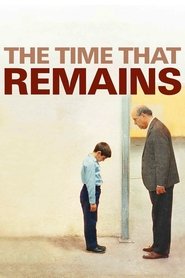 An examination of the creation of...
An examination of the creation of...The Time That Remains 2009
An examination of the creation of the state of Israel in 1948 through to the present day. A semi-biographic film, in four chapters, about a family spanning from 1948 until recent times. Combined with intimate memories of each member, the film attempts to portray the daily life of those Palestinians who remained in their land and were labelled "Israeli-Arabs," living as a minority in their own homeland.
 Tali and Ori are a young...
Tali and Ori are a young...Colombian Love 2004
Tali and Ori are a young Israeli couple. After attending their best friends' wedding, which ended in disaster, they have a big fight, which leads to Ori proposing. But there is trouble in paradise when Ori's conservative father meets Tali, and all hell breaks loose...
 The year is 1999 and the storyline...
The year is 1999 and the storyline...Saint Clara 1996
The year is 1999 and the storyline is actually a number of sub-plots all revolving around the 13-year old Clara, a girl that can predict the future and has telekinetic powers. The sub-plots include a boy in her class who has a crush on her, his family, her family and her principal that keeps talking French for some strange reason.
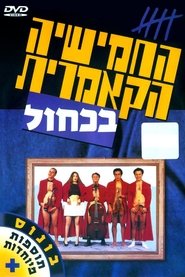 Hahamishia Hakamerit Hebrew The Kameri Quintet...
Hahamishia Hakamerit Hebrew The Kameri Quintet...The Cameric Five In Blue 1995
Hahamishia Hakamerit (Hebrew: החמישייה הקאמרית, The Kameri Quintet) was a weekly Israeli satirical sketch comedy television program created by Asaf Tzipor, who was also the main writer of the show, and Eitan Tzur, who directed the entire run of the show. Hahamishia Hakamerit was broadcast on Israeli Channel 2 and Channel 1 between the years 1993-1997. Later on, reruns of the show were broadcast on the cable channel Bip (channel). The show's often surreal skits were characterized by a satirical point of view which did not spare the audience sensitive subjects such as politics, national security, the Holocaust and sex.
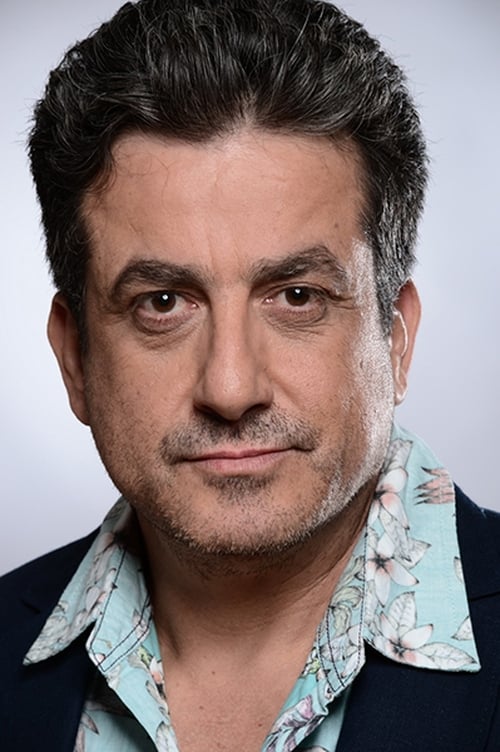
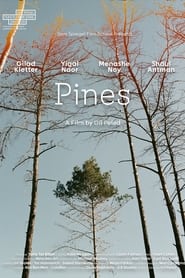 A man returns to the burnt...
A man returns to the burnt...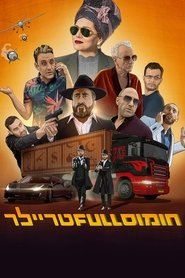 A satirical crime comedy of errors...
A satirical crime comedy of errors... While her husband struggles to keep...
While her husband struggles to keep...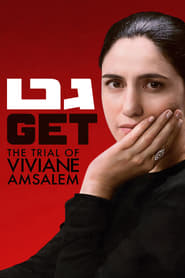 The trial story of Viviane Amsalems...
The trial story of Viviane Amsalems...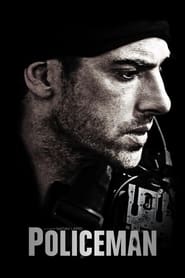 A member of an Israeli antiterrorist...
A member of an Israeli antiterrorist...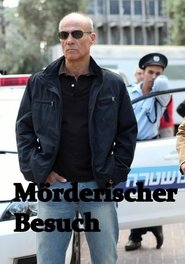
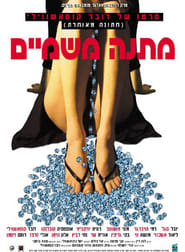 A story with a bit of...
A story with a bit of...